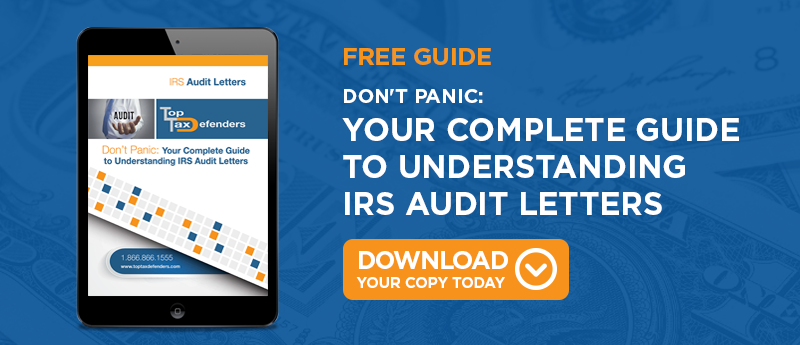
When a loved one dies, taking care of tax matters may be the very last thing on your mind. However, some tax issues may come up in the months after death. If you are the surviving spouse or parent, you'll want to begin planning so that you can arrange your loved one's affairs. Knowing how to handle taxes after a child's or spouse's sudden death can make it easier for you to care for financial matters such as estates and tax returns.
Handling Potential Tax Issues after Death
You'll probably need to get a copy of pertinent legal and financial documents, including the last will and testament, to handle the estate. What if your loved one had no will? You may need to get a copy of the final death certificate to receive a letter of administration from the court. If the estate is particularly complex, you may need to hire the help of an estate lawyer. Make sure your lawyer is board-certified and experienced in handling wills and trusts.
When Do You Need to File a Final Return?
Even if your loved one didn't have a large estate, you may still need to file a final tax return. In general, a final tax return is due when the loved one earned income during the year of his or her death. For example, if your spouse was receiving taxable retirement distributions in the same year, there may be federal income tax due on these proceeds. The same would be true if the individual was working at a job during the year and earned enough income to owe federal income tax.
How to Handle an Estate Tax Return
According to current IRS guidelines, estates that have a value of $5,000,000 or more must file an estate tax return using IRS Form 1041. The value of an estate includes income such as life insurance proceeds and gains from the sale of stock. In addition, if your loved one's estate earned $600 or more that came to you as beneficiary, you may need to file an estate tax return, even if the estate is less than the value threshold.
Dealing with income tax issues after a loved one's passing can be extremely difficult. If you are unsure about how to care for posthumous tax matters such as a final tax return or an estate return, talk with an experienced certified public accountant or an estate lawyer who can help you navigate these matters.




